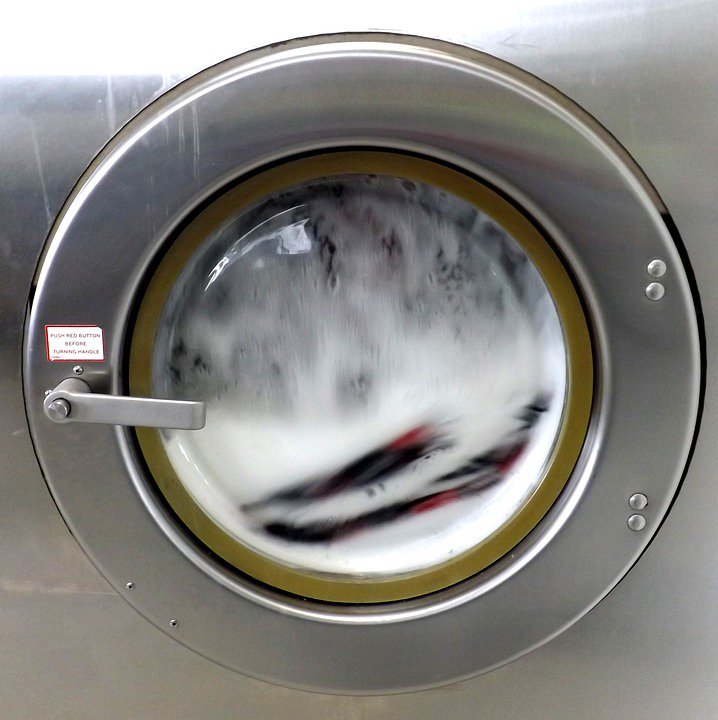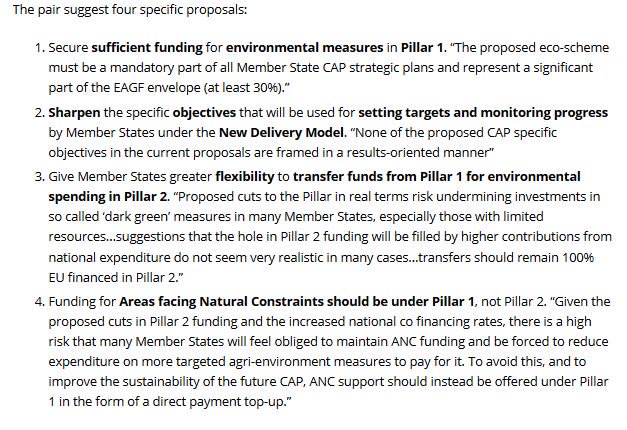These are good things, but nowhere near the game changer the Bank is selling it as.
2/
For example, the 2011 Somali famine was declared in July, but FEWSNET began ringing the alarm 6 months earlier.
3/ reliefweb.int/sites/reliefwe…
The problem here is not a data gap, and snazzy new AI systems won't change donors' calculus. It's a donor-political-economy gap and a humanitarian access gap. 4/
- Somalia 2011 - no functioning govt; donor funding blocked by terrorism concerns; relief access blocked by militants
- Nigeria 2016 - relief access blocked by militants
7/
- Yemen 2015-present - relief access blocked by Saudi restrictions, Houthi obstruction, and intentional Saudi targeting of relief infrastructure
8/
On the data side, donor behavior is inherently reactive, and perhaps-modestly-more-accurate projections won't resolve that. 11/



















